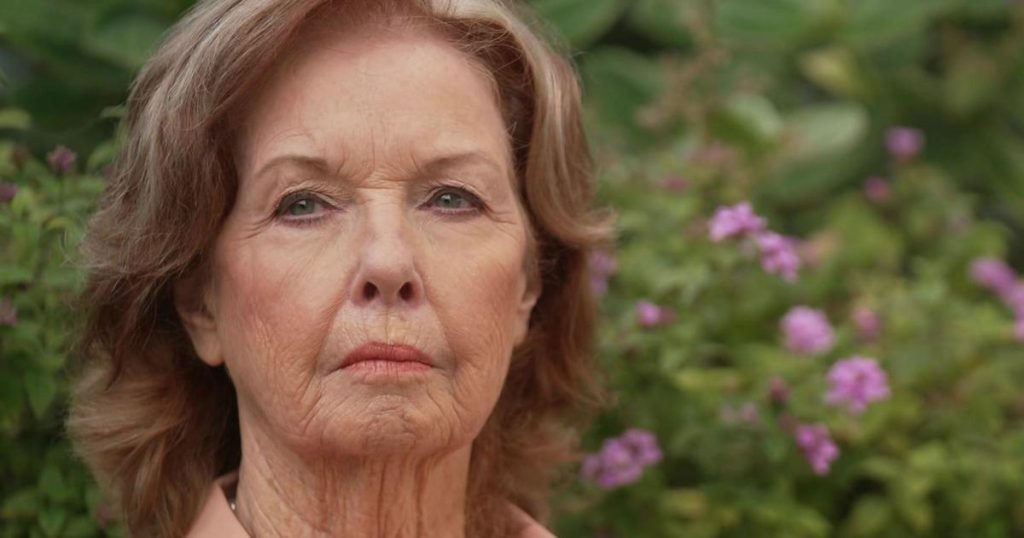Jane Dorotik’s case began in 2000 when she reported her husband Bob missing and his body was found with blunt force trauma and strangulation. Investigators discovered blood in the couple’s bedroom, leading to Jane’s arrest for Bob’s murder. The prosecution argued that Jane had attacked Bob in their bedroom, then dressed him in his jogging suit and dumped him along the side of the road. Jane was ultimately found guilty and sentenced to 25 years to life.
Despite maintaining her innocence, Jane spent years behind bars before working with the Loyola Project for the Innocent to review the evidence. They found that not all blood-like stains in the bedroom were tested and some items believed to contain Bob’s blood were never actually tested. This new evidence led the San Diego County District Attorney’s Office to recommend overturning Jane’s conviction in 2020. However, in October of the same year, they decided to retry her.
As the case headed back to trial in May 2022, prosecutors dropped the charges just as jury selection was about to begin. Deputy District Attorney Christopher Campbell stated that the evidence was no longer sufficient to prove Jane’s guilt beyond a reasonable doubt. Jane expressed relief at the decision, stating that she can now determine her own future. The state stood by its original investigation, claiming that the evidence still pointed to Jane as the killer and that the defense arguments were largely speculative.
Throughout the ordeal, Jane maintained her innocence and fought for a reassessment of the evidence. She believed that authorities had focused on her from the beginning of the investigation and failed to follow other leads. With the support of the Loyola Project for the Innocent, Jane was able to challenge the prosecution’s case and ultimately secure her freedom. The case highlights the importance of thorough investigation and testing of evidence in criminal trials to ensure that justice is served.
The Troubled Case Against Jane Dorotik sheds light on the potential for wrongful convictions and the impact on individuals who are wrongly accused. Jane’s story serves as a reminder of the importance of due process, fair trials, and access to legal resources for those fighting against wrongful charges. The case also underscores the need for continued review and reassessment of convictions to correct miscarriages of justice and prevent further injustices in the legal system.


